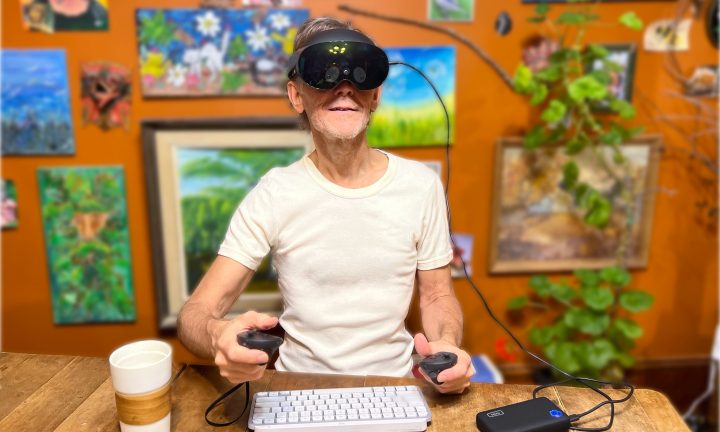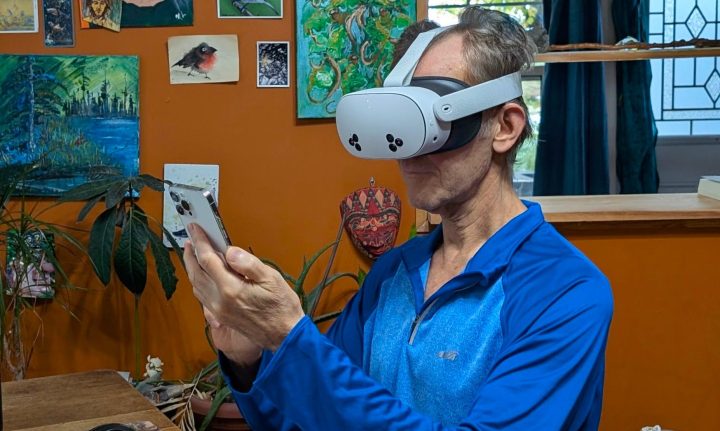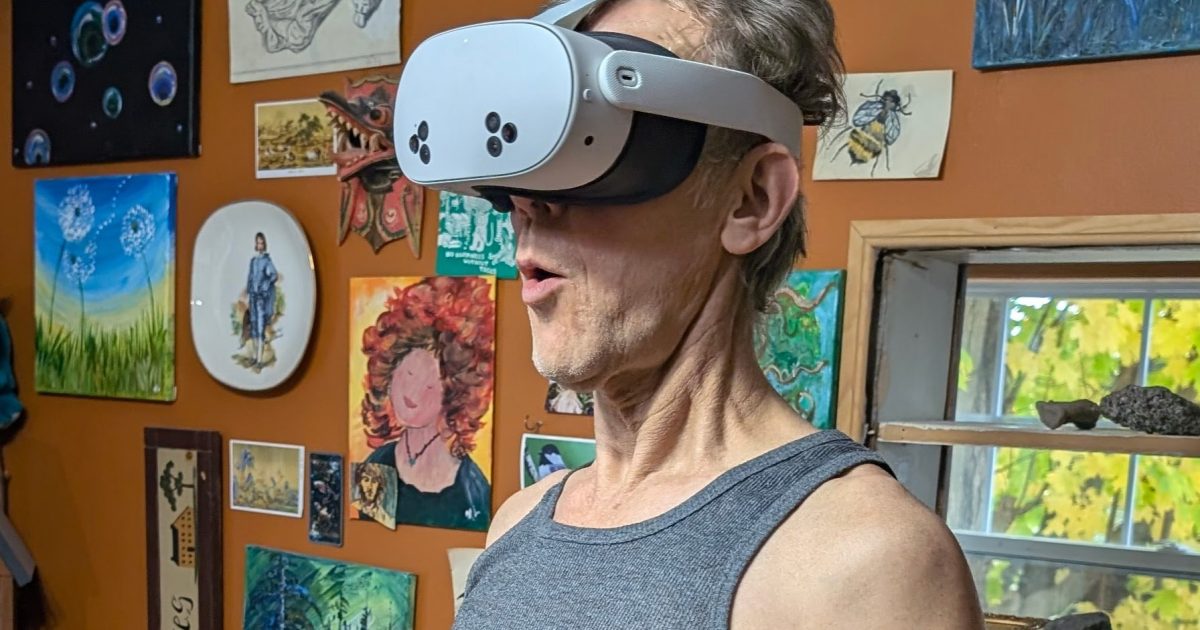The impact of video games on mental health, both good and bad, has been a topic of hot debate for years. Experts say fitness-related games can even assist with mental well-being. In an interaction with DigitalTrends, Dr. Kelli Dunlap, a clinical psychologist, also detailed the positive impact of games on a person’s psychological health. Now, new research shines more light on how immersive VR and AR games can help combat loneliness and improve mental health.
The big takeaway
As per a study conducted by experts at Michigan State University’s Department of Kinesiology, engaging in augmented reality (AR) and virtual reality (VR) games can help users build connections and enhance their well-being. The team points out that “playing AR/VR sports games can promote psychological well-being by helping players feel connected to others and engage in real-time communication.”

Photo by Tracey Truly / Digital Trends
To test their theory, the team asked 345 people to engage in table tennis, bowling, and billiards games built within AR and VR environments, and available on Nintendo and Meta’s platforms. After the gaming sessions, they were asked about their psychological well-being, loneliness, and how deeply they were engrossed in the games.
The overarching conclusion was that individuals who were deeply engaged in gaming reported higher levels of psychological well-being. Another notable takeaway was that the social connections made in immersive video games play a key role in making players feel better.
Social capital is the key
The researchers report that virtual avatars of players in these immersive games help turn it into more of a social experience. “They also found that AR/VR sports games can create a strong sense of being with others by using avatars, real-time communication and nonverbal cues,” notes the team.

Meta gave the Quest 3S passthrough cameras that are good enough to check my phone without taking the headset off. Photo by Tracey Truly / Digital Trends
The experts, however, highlight that AR/VR games are not going to universally benefit every person struggling with mental health issues, but there is definitely a therapeutic side to these experiences. The full research has been published in the International Journal of Human–Computer Interaction.
On a related note, a 2021 study that was published in the Frontiers in Psychology journal notes that playing social VR games can have a “significant” impact on well-being, and with proper management, they can serve as a constructive social medium. Another analysis that involved nearly four thousand participants also highlighted the social capital of games.

